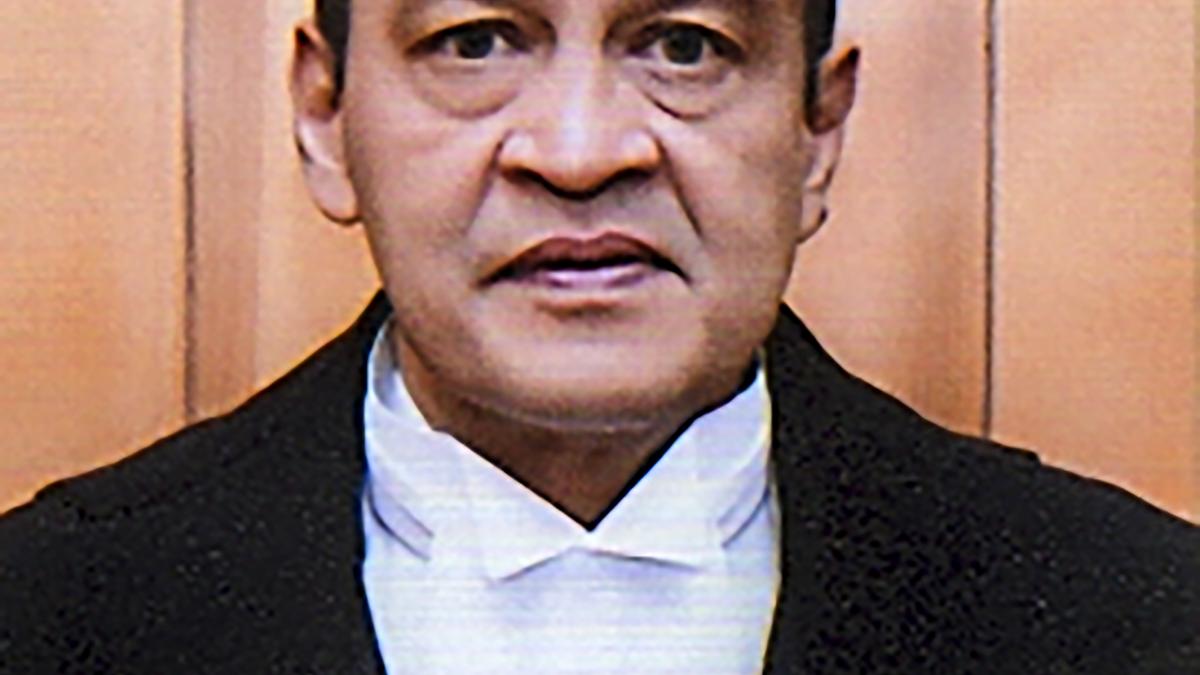
J. Varma case: SC says CJI can opt to refer to Parliament for removal or sanction registration of FIR based on results of in-house probe
The Hindu
Supreme Court allows Chief Justice of India to refer FIR against High Court judge to Parliament.
The Supreme Court on Friday (March 28, 2025) said the Chief Justice of India can refer to the Parliament to initiate removal or sanction the registration of a First Information Report (FIR) against High Court judge, Justice Yashwant Varma, if the in-house inquiry committee authenticates the allegations concerning the discovery of half-burnt currency at his official residence premises following a blaze on the night of March 14.
“Right now, the in-house process is going on. Once the committee submits its report, the Chief Justice of India has all options open before him. He can agree to the registration of an FIR or refer the committee’s report to the Parliament for removal,” Justice A.S. Oka, heading a Bench with Justice Ujjal Bhuyan, addressed advocate-petitioner Mathews J. Nedumpara.
Mr. Nedumpara has asked why an FIR was not registered in neither the incident of fire nor the alleged finding of the money at Justice Varma’s residence.
“Today is not the day or time to consider an FIR. Today it is too premature. The inquiry is going on,” Justice Oka responded.
As per a Constitution Bench judgment of 1991 in the K. Veeraswami case, no criminal case can be registered against a High Court judge, Chief Justice of a High Court or a Supreme Court judge without prior consultation with the Chief Justice of India. Mr. Nedumpara contended that the judgment had fettered the police by creating a “special class of privileged men/women, immune from the penal laws of the land”.
He further questioned the jurisdiction of the three-member committee comprising three High Court judges constituted by the Chief Justice of India on March 22 to conduct an in-depth inquiry into the allegations against Justice Varma.
The in-house procedure was approved by the Supreme Court in 1999. It is based on the spirit of two important charters governing judicial ethics— the Restatement of Values of Judicial Life and the Bangalore Principles of 2002. The ‘Restatement of Values of Judicial Life’ is the primary code of ethics governing judicial behaviour adopted by the Supreme Court on May 7, 1997.

 Run 3 Space | Play Space Running Game
Run 3 Space | Play Space Running Game Traffic Jam 3D | Online Racing Game
Traffic Jam 3D | Online Racing Game Duck Hunt | Play Old Classic Game
Duck Hunt | Play Old Classic Game